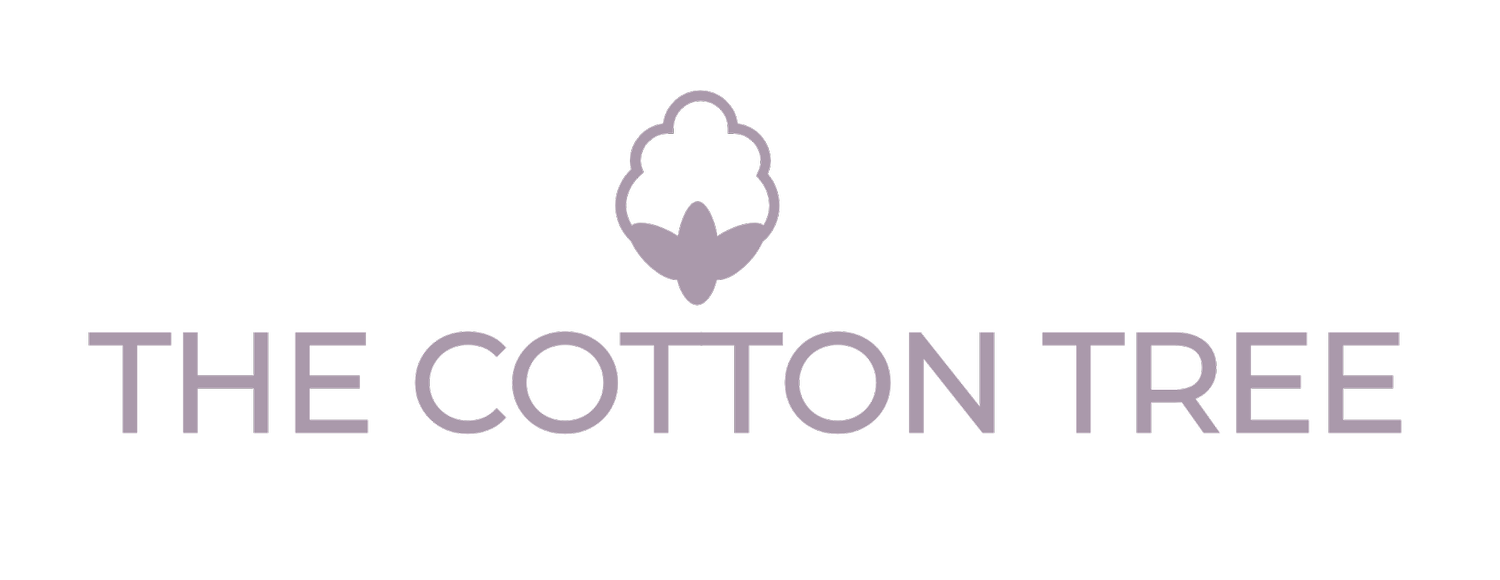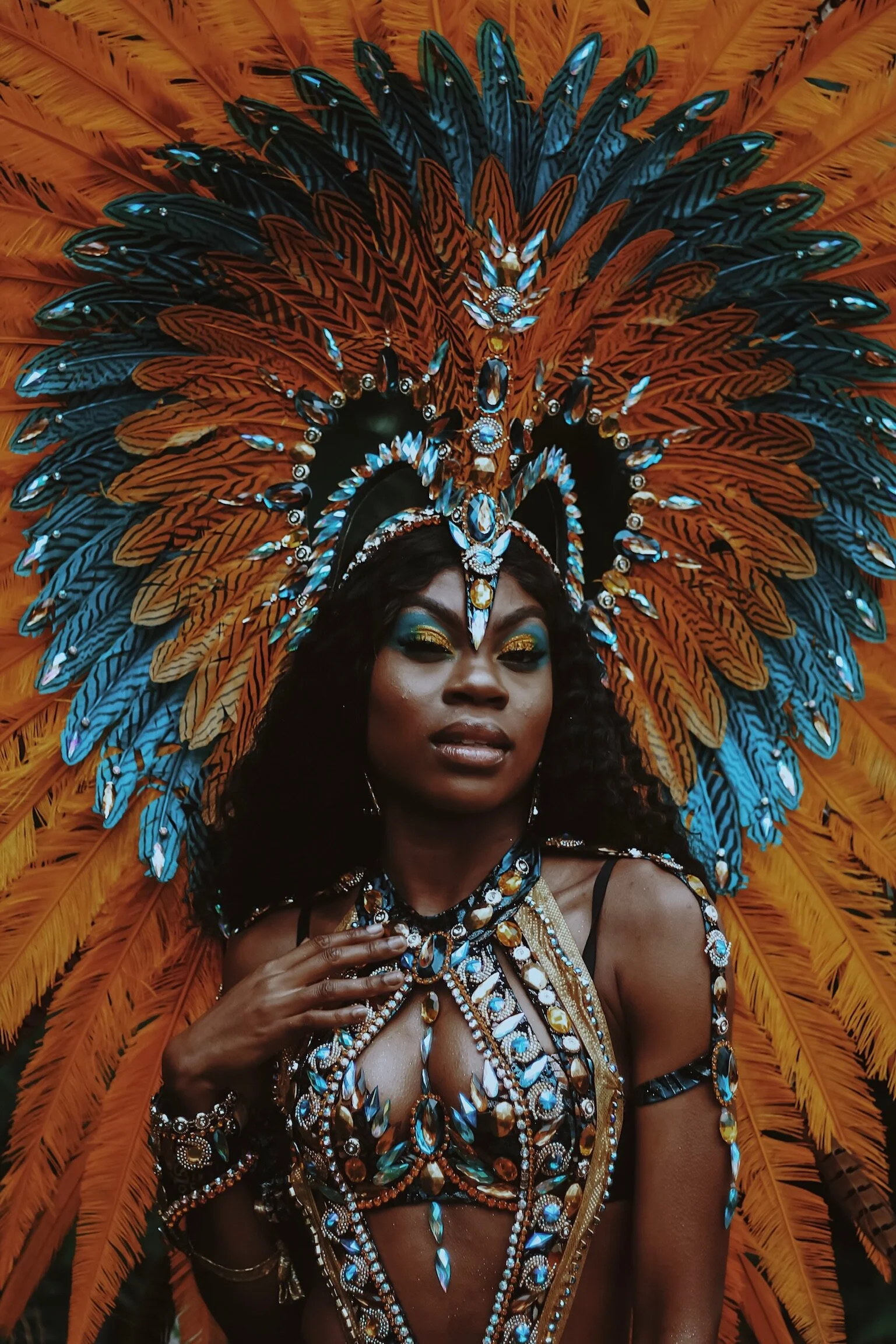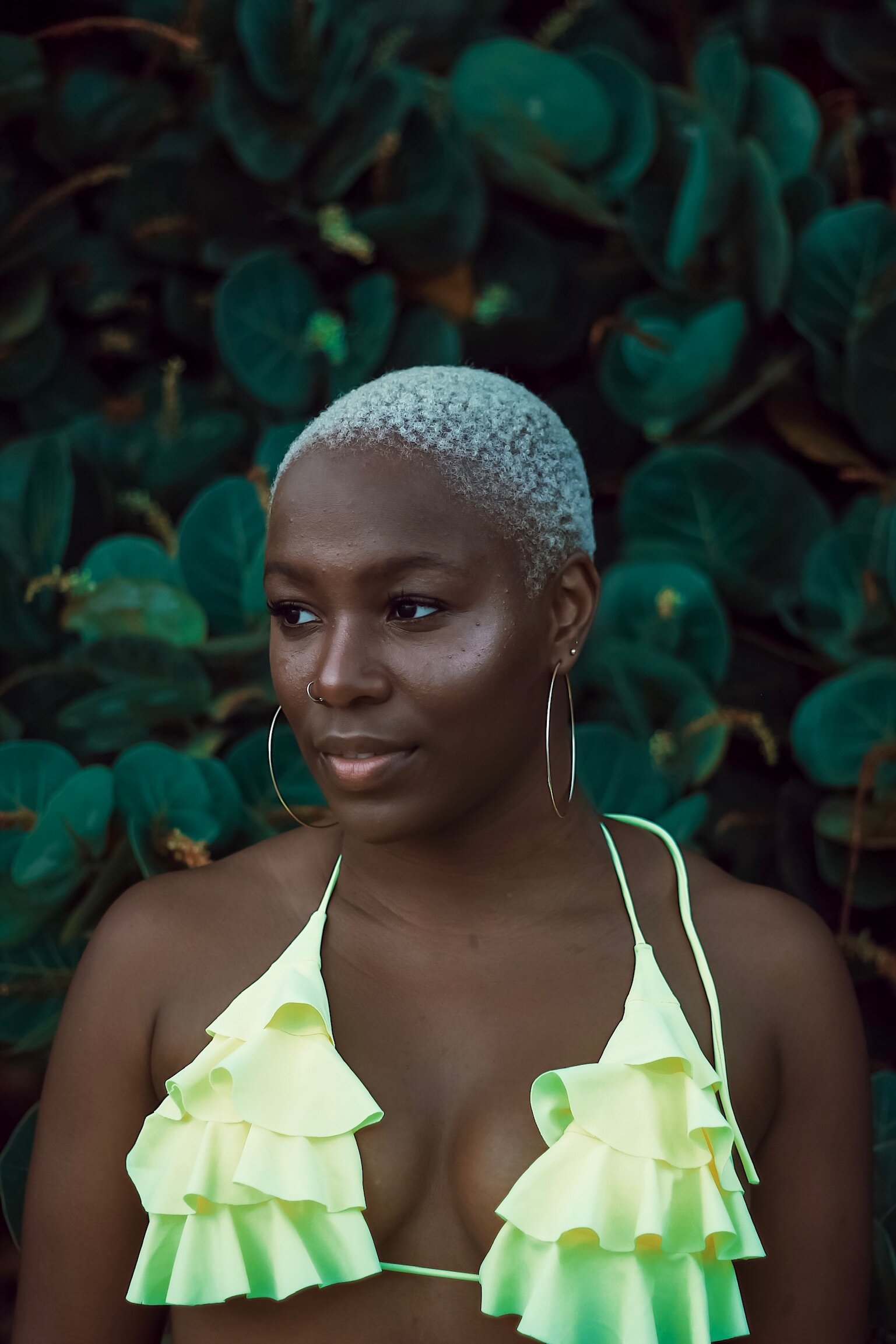Today I was scrolling down my timeline on twitter, an activity that has become the norm now, and came across a tweet that got the gears in my brain turning. It posed a question to the internet asking essentially why Black Americans identified more with their blackness than with their country, something that was the polar opposite for people from the Caribbean. It wasn’t necessarily the question that caused me to think a lot harder but more so the responses.
One response in particular highlighted how the histories of Black Americans and Black Caribbean people branch off down different roads leading to very different relationships with blackness. Another person responded saying that they thought Black Caribbean people clung to their countries because they were ashamed of their blackness and use nationality as an attempt to deny blackness.
Both responses gave me a lot to think about and I realized that this topic would be something that needed to be unpacked. So why not attempt to unpack this complex debate in a blog post and hope that it made even a drop of sense.
I personally had never really given deep thought to my relationship with my own blackness. My blackness was something that I hadn’t really given much thought to until I moved away to university. It was only after I moved out of my predominately black environment that I became hypersensitive to the colour of my skin and what exactly the ramifications of that was.
Sure, Black people across the planet have a shared history of colonization and Black Americans and Black Caribbean people even have the shared history of slavery. However, the way in which we learn to navigate blackness is fundamentally very different because our relationship with blackness is different.
What I’ve come to realize is that growing up and learning to navigate blackness where I was born is a privilege. I was never fully aware of my blackness until I left my country and other people pointed it out to me as something that might be problematic or a barrier. I can never understand growing up in a space where my blackness was racialized continuously because it never was.
I recall doing an exercise with my students union in university, something like a privilege olympics where you took a step forward if you were able to do certain things. At the end of the exercise I was the only black person in the line up who had advanced along side the white students. This wasn’t because I was rich, It was because I’d grown up in an environment where I wasn’t born disadvantaged. I was privileged.
I grew up with black governance, black educators, black professionals, black upper and middle classes, black institutions of power, black privilege. This was my norm and I never saw it as something other than. My knowledge of racism was gleaned through the lens of history lessons and “western media”. In all honesty you can be born, live, and die in modern Antigua and not have any direct contact in your life with racism. Xenophobia towards black people from other countries by the black people that live there exists, but racism? No.
If racism does even rear its head because it is so alien, so foreign to our spaces it isn’t tolerated. It doesn’t have the opportunity to slip through the cracks and become normalized because we ourselves don’t allow it. It’s what makes white people so wary of us on their visits. It makes those who live among us cling to each other because they are an active minority. It’s that same attitude that allows us to be culturally open and accepting because we have the ability to police what belongs to us. That’s probably why you will never see a person in the Caribbean be upset about white people wearing a carnival costume and being on the road. We’re taking their money.
While I have an appreciation for the dreadful history of Black Americans and their dealings with lynchings, segregation and systemic oppression that is not a history that Black Caribbean people can actively relate to. This is that cross roads that the other tweeter was talking about. While we have common roots, there is a long history that isn’t shared between us. It might have been different if our colonizers decided to stay and take on a more active presence, but they didn’t. So we ended up owning our own countries and nurturing our own spaces. Sure the colonial mindset persisted and has led to colourism and other derivatives of racial injustice, but those aren’t perpetuated by anyone but ourselves, a practice which needs to stop.
Black Americans are alien in their own country. They are constantly ostracized and “othered” in a way that Black Caribbean people are not. We aren’t daily made aware of our race because we are more or less in control of our systems of power and are the majority. Our blackness is the norm. Why would anyone want to claim a country that hates them? Why would anyone want to identify with a system that oppresses them? They have gone out of their way to make you understand you are black so why not be more comfortable identifying with that?
I don’t personally think that Black Caribbean people identify with their countries/nationalities more because they are anti-black or ashamed of blackness. We very much know and understand that we are black and acknowledge it. However our identity and culture isn’t solely rooted in our blackness it is rooted in our country as well. Black Jamaican culture is different from Black Antiguan culture which is different from Black Dominican Culture and so on. However, Black culture in America is separate and distinct from American culture itself, it’s not rooted in the country but rooted in the idea of blackness as a separate and distinct thing.
I love being black. I love everything about what my blackness means to me. I love being Antiguan and I love what that means as well. I’ve just never had to live my life with any stigma around my blackness. Most white people don’t go around claiming whiteness because they never had to live life with the burden and stigma of being racialized. That doesn’t mean that they don’t know and understand that they are white it’s just a simple fact.
Blackness and our relationship with it is so complex and it really is a hefty load to unpack.
Thank you to Rilys A and her threaded reply to the question for getting my brain to do some work during quarantine.



